The results of the 2019 Natesviolin.com survey
Well, I asked, and you gave it to me! More than 1,400 of you from around the world responded to my call for your feedback, and the results are fascinating.
With this survey, I really wanted to get a sense of where you are in your violin journeys, and the answer is… everywhere! As you’ll see, many of you are just starting out, some are walking with me in the professional ranks, and quite a few aren’t violinists at all. That’s OK, you’re still welcome here at Natesviolin.com!
I also wanted to know what steps you’re looking to take next, and here most of you had similar desires, no matter your level. I’ll break this report up into two sections: What is, and what could be.
What is
Let’s get right to the very first question, which was a combination of “are you actually a violinist?” and “how far along are you?”:

As you can see, a good 15% aren’t even violinists! Another 7% or so are somewhere in the first few Suzuki books or the equivalent. The rest are split more or less evenly among those who are working toward Mendelssohn, Sibelius, or beyond. Of course, these pieces are placeholders but they give a nice idea of where everyone is on the journey.
How many years?

So, an overall average of 25 years spent with the violin. That’s a lot of violin-years!
How much music education?

With this, the “music education” question, I was finding out whether you have a performance degree or are working toward one, whether that performance degree is on the violin, or none of the above.
40% have a performance degree on the violin, and another 10% are currently in school for that reason. And just as I discovered that 15% of you don’t play the violin, about 8% of you have a performance degree on that non-violin instrument. A little over 40% don’t have a performance degree.
What role does the violin play?

So about 35% of you are full-time professional violinists, with some combination of playing and teaching. About 15% make some money with the instrument and the rest elsewhere, and another 15% are violin majors in school.
Most fascinating are the more than 30% of you whose careers fall outside the world of the violin. Here’s a “word cloud” that shows the responses I got to the write-in question, “well then, what do you do?” The bigger the word, the more responses included that word:

“Retired” is huge! A lot of former pros, perhaps? Of the non-musical words that jump out above, check out all the scientific fields: physics, biology, medicine, engineering, computers, research, software, programming… and let’s not forget that many cities have entire orchestras made up of doctors, and others made up of lawyers!
Orchestra auditions?

I just threw this one in there because it was easy. Keep in mind that this isn’t asking specifically about violin auditions, so 45% of you have taken a professional orchestra audition on some instrument.
What could be
These last two questions were the most fun for me to read. They were both write-in, so the answers were personal, and in some cases very detailed! I’m once again showing you word clouds.
The one thing you would change?

A lot to unpack here! But it’s interesting to note that whether I filter for just the professional players, or include everyone, the results are largely the same. Just look at the words that pop out:
- technique
- consistency
- vibrato
- intonation
- relaxed
- sound
- confidence
Not a bad place to start if you want to make some changes, eh? That gets me thinking…
What about an in-depth course?
Without knowing the results of the previous question, I wanted to ask the same thing in a slightly different way: assuming that I put together in-depth courses on the following topics, which one would interest you the most?

Courses covering etudes and scales clearly lead the pack, with general audition preparation holding the middle. The two laggards are “essential excerpts” (which was maybe a mistake to include since it might have siphoned votes from “audition preparation”) and “playing without a shoulder rest”. That last one, though, has a small but devoted following!
I actually got curious how the results might change if I included only the responses from the full-time professional violinists. Here’s how that broke down:

Hmm, even for the full-time professionals, etudes are still out in front! And scales also make a respectable showing. Audition preparation and its close cousin essential excerpts are much more important to this subgroup than to the big group. But still, even for the full-time pros, scales and etudes are topics that deserve a much deeper dive!
Your dream piece?

This one, again, was a write-in. So the responses are all over the map, but of course the biggies are all well-represented: Beethoven, Brahms, Paganini, Tchaikovsky, and plenty of Bach. And not just any Bach! Of all the piece titles that you mention, look which one is the biggest: the glorious Chaconne!
Where to go from here
When I look at the changes that you want to make in your playing, most of them come down to control. Of course, we can’t consciously control every last aspect of our performance (that would be boring anyway). But we do want to feel “in control”: that we’re able to play the music the way we hear it.
To do that, you need a strong foundation. For some of you, that might mean getting back to basics, while for others, it might mean expanding the technical tools at your command. Either way, you’ve got the right idea when you highlight both scales and etudes as things you’d like to explore much more deeply with me.
To kick things off, I’m going to be appearing on Facebook Live this coming week, May 6, 7, and 8, all at noon PST. Each day I’ll lead an hour of practice (with time for discussion too) geared toward strengthening your foundation. You’ll get a look at how I practice in real time.
Let me know you’re thinking of joining me, and I’ll give you a nice bonus video: a one-hour webinar I presented last year on preparing for the New York Philharmonic audition!
Comment section
20 thoughts on “The results of the 2019 Natesviolin.com survey”
Leave a Reply

Scales: The Road
to Repertoire
Even if you’ve never played a scale before, violinist Nathan Cole of the Los Angeles Philharmonic will guide you through scale routines that meet you where you are, and build progressively alongside your playing.

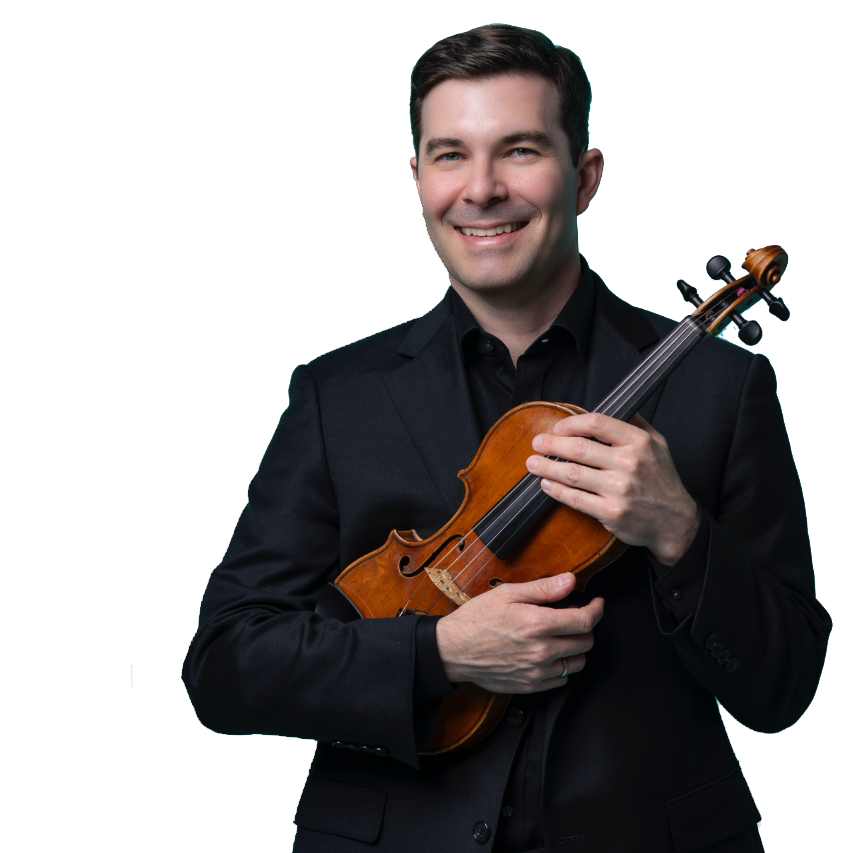

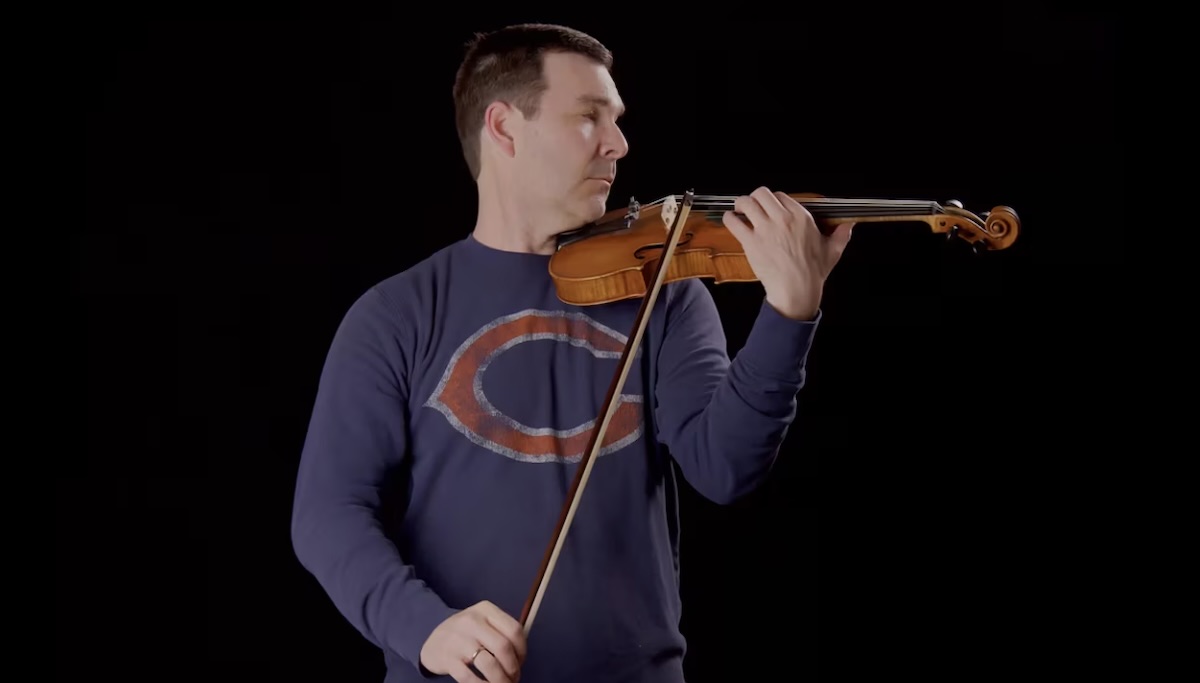
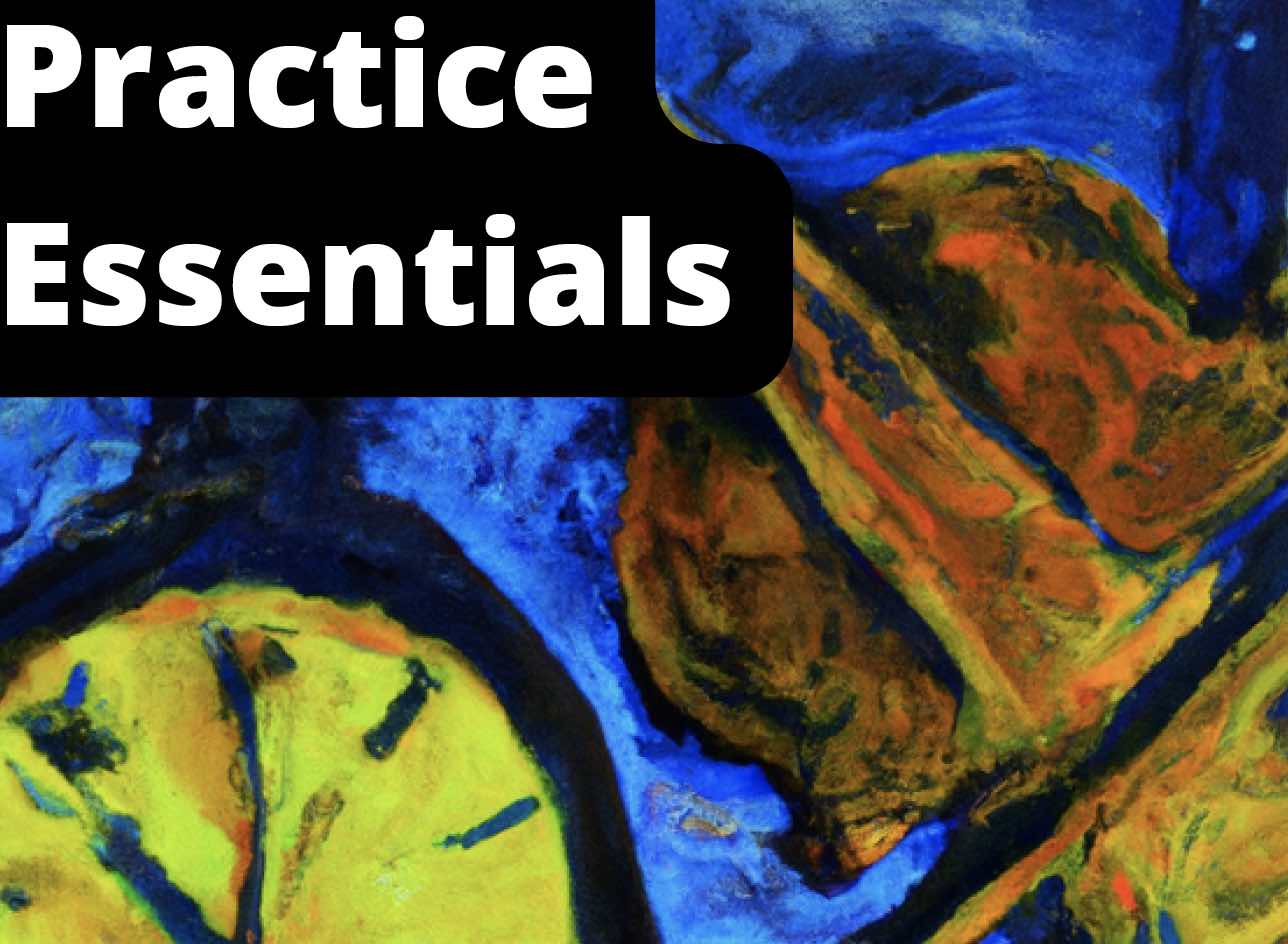

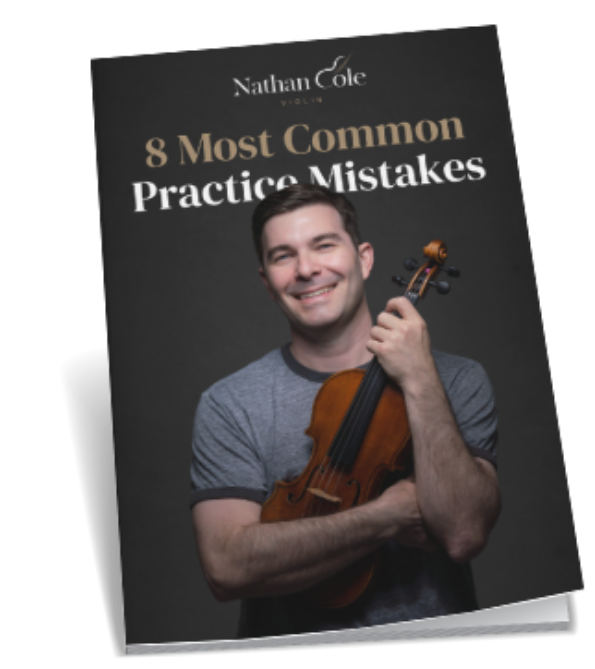
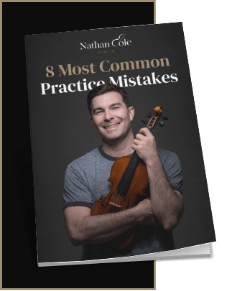
Hi Nate,
Fascinating insight. I’d love to join you for the Facebook live, but that’s 5am here in Australia. Will it be available to view afterwards?
Thank you
Definitely! This will be my first FB Live, but I believe they’re automatically saved there in Facebook (on my Nathan Cole, violin page). But if not for some reason, I also record them and will make them available to view afterwards on my site.
Unfortunately, Nate, I don’t like Facebook, I don’t use it and I have no intention to do so. Thus: I’m out 🙁
No worries! These will be recorded and although I believe the easiest way to watch them later is, indeed, on Facebook, I’ll have my own copy and will make it available through this site. It just may not happen immediately!
Great! I will wait eagerly for that, since I also am no longer on FB.
Yes, Facebook isn’t everyone’s favorite place to be, especially these days! I’ll roll it out there first and then bring it here to natesviolin. Thanks!
Please help me just with the time I can log into Facebook. I live in Saskatchewan and I don’t know how to look for my time? Please?
Hi, just visit my Facebook page (https://www.facebook.com/natesviolin/) at noon Pacific time May 6, 7, and 8! That’s when I’ll be live. Thanks!
Nate, very interesting. Y’know, one thing that occurs to me as important is
“mental acuity”. What do I mean by that? How well can I read music? Not . . how well can I perform from music; but how is the process going? For instance, one of the seeming impossible things for me is paying the attention I should to Loud/Soft notations. Kayser Etudes does some training on that. But whenever I read something new it is the FIRST thing that drops out of my perception. What’s happening? Tunnel vision. Why? ???
What’s causing it?
Haha! I had to learn that really quick as soon as I got to Curtis, and the conductor would yell at anyone who missed a dynamic, even during sight-reading… so sometimes fear is a good motivator! I learned to let some notes slide, but to get the rhythms and dynamics first.
Interesting to see the results – two things occurred to me after I submitted my survey:
1. I am not a professional violinist, but I do have college training on violin (and I’ve been playing pretty much my whole life) and I majored in composition (film scoring) and work in the film music field in various capacities so I am a professional musician. I also record from time to time for people on both violin and viola (and other instruments).
2. There’s a big gap between the Bach Double and the other concertos mentioned. I got to Suzuki Book 8 but stopped short of the major concertos as a solo violinist (Haydn No. 2 and some the Bach were as far as I got with concertos). I have however played numerous advanced pieces as a first violinist and violist in several good student and amateur orchestras, and now I’m trying to build my technique further, some of which I think is going to require building back from the basics, which can always be improved.
I can’t watch the videos live but I look forward to watching the archived videos!
Thanks for these observations! Yes, there is a gap in skills needed between Bach Double and Mendelssohn for sure. I tried to pick pieces that represented certain milestones that hold true for quite a few people. For example, many people leave the violin after Suzuki Book 1 or 2 (the Twinkle crowd). Many more study through middle school and drop it during those high-school years when other activities tend to take over (Bach Double crowd). Others keep it seriously through high school and then drop in college (often Mendelssohn was learned but not Sibelius). So admittedly imperfect, but at least interesting! Thanks for checking this out as well as the training replays!
One thing that your survey suggests is that an in-depth course on learning the Bach Chaconne would be a great success. I suspect that even adult-beginner amateurs like myself would fork out money to give it a try. I’m sure that many people would like to at least get their feet wet and see how far they can get.
A great idea! That’s a piece well worth exploring, whether you’re going to perform it for lots of people or just study it for your own pleasure.
I’m been a devoted amateur chamber music violinist since I was a teenager, and now I’m over 70. I play string quartets or piano trios once a week and attend amateur chamber music workshops. In the last ten years since I retired from being a lawyer my playing has improved immensely. I think it’s because I finally began to include serious scale work in my practice. I don’t study with anybody but enjoy picking up tips from coaches in person and online. Your suggestion to press the thumb upwards was a great reminder of something I think I knew at one time but had forgotten. Thanks, it’s helping!
Thank you, this is inspiring!
Hi Nate:
I am a retired surgeon, over 70yrs old. But I am also frustrated in my innumerable attempts to improve as a student of the violin. My first “instructor” did not know what he was doing. Subsequently, I have had help my professionals but not for very long periods of time. I am obsessed about advancing beyond where I am. The Holy Grail for me is developing a good vibrato. I have many books…too many…on violin technique. I am trying to take a course on the internet. I have heard (in person) some of the world’s greatest…Kogan, Milstein, Igor Oistrakh, Pearlman, Stern…and I want to play like them “overnight”. I feel so restricted, barricaded and frustrated by my mediocre playing. Although my problem seems insurmountable, I’ll nevertheless ask the question: “Can you help?”. I know the onslaughts of age, and the need for patience but, still, can you help. I have looked at you on You Tube on numerous occasions and I covet your gift as a violinist.
Thank you Sam, and as far as vibrato, did you by chance already look at my article/video on flexible vibrato?
Does this possibly mean a summer violympics? I have learned so much from them and have truly loved them.
Well, this summer I have something a bit different planned: a summer of Bach! The same kind of bite-size, daily assignments, but learning solo Bach instead as part of a community. If you get my emails, I’ll have lots to say about it in the coming weeks!